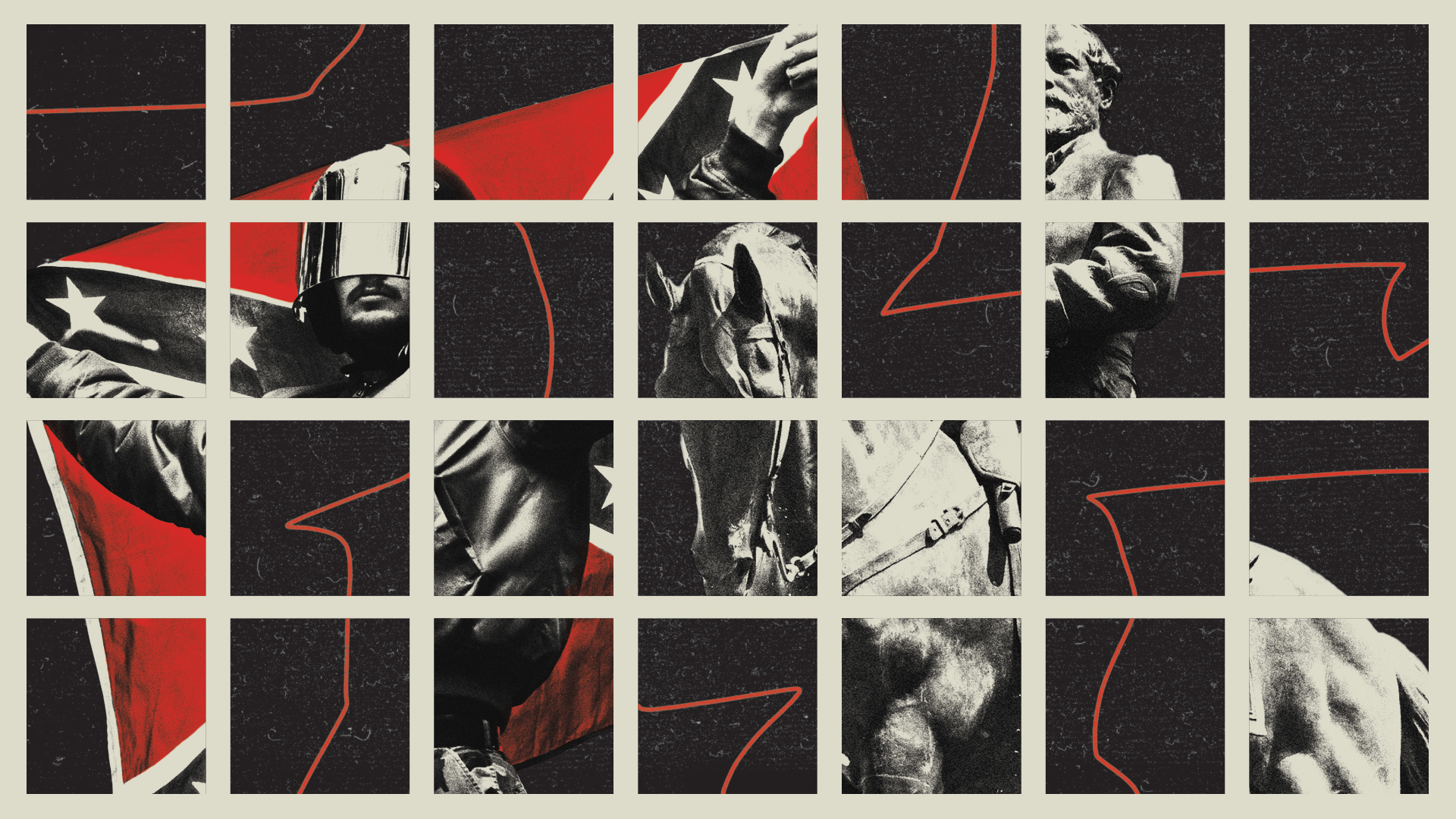Since our founding almost 55 years ago, the Southern Poverty Law Center has been at the forefront of the fight to protect and expand civil rights in the Deep South. We have done this through litigation, legislation, public education and other forms of advocacy.
One of the main ways we have actively confronted hate and extremism, tracked its spread and called out racism is by engaging in public education about the beliefs, tactics and statements of organizations, as well as their leaders and the people associated with extremist ideologies. Some of these organizations we designate as “hate groups” based on their activity, which is our opinion and protected under the First Amendment.[1]
The SPLC strives to create a more inclusive society that is free from hate. We believe we can achieve this through exposing people and organizations who malign and seek to marginalize classes of people because of their immutable characteristics.
Violence and violent rhetoric can be a reason for why we research a group or person and designate an organization a hate or antigovernment group, but it is not a requirement. Our research reveals rhetoric that demonizes, dehumanizes, or spreads lies about people because of their race, religion, ethnicity, sexual orientation or gender identity — prejudices that strike against the heart of our democratic values. We expose the conspiracy theories and extremist ideologies behind violent acts like the Oklahoma City bombing and the Mother Emanuel African Methodist Episcopal Church massacre. And as history has shown us, dehumanizing rhetoric can be a precursor to genocide.
Our work focuses on illuminating and preventing hate and supporting victims of extremist violence. We have always condemned violence regardless of the ideology and political beliefs of the perpetrator.
In pursuit of our goal to prevent racist and bigoted violence and seek justice for its victims, we have provided data, analysis and reports to various stakeholders, including lawmakers and law enforcement agencies at all levels of government, as well as presidential administrations. If someone asks for our help to lawfully prevent racist violence or seek justice for victims, we, of course, look for ways to be supportive. That is our mission.
Many other nonprofits, both conservative and liberal, engage with these stakeholders for similar purposes, and we believe it is beneficial that our government seeks a variety of opinions and expertise from nonprofits, academics and community groups.
One of the ways we synthesize our research is through the “hate map.” Each year, the SPLC publishes an annual census of hate groups and antigovernment groups operating within the United States. The total number of groups listed is one barometer of the level of hate and antigovernment extremist activity in the country. The hate and antigovernment extremist map, which depicts the groups’ approximate locations, is the result of a year of monitoring by analysts and researchers and is published annually. (Each year the process is repeated, and if a group is no longer active or meets our criteria for designation, then it is not redesignated.) The goal of the map is to provide a geographic visualization of hate and antigovernment groups in the United States.
We are acutely aware of the recent attacks against the SPLC and our hate group designations. What we find telling is that while people and organizations have complained about being placed on our hate map or being written about in our reports, they have not disputed the reasons why we discuss and list them — specifically, the statements and actions they have taken, which often include overt racism and bigotry.
We are proudly transparent about the people and organizations we write about and list in our reports. We let their words speak for themselves — a section of our hate group and extremist profiles is literally titled “In Their Own Words.” Here is where we provide to the public what these people and organizations have said, which has shaped our opinion of them and why we may designate them a hate group, antigovernment group, or extremist.
It is our hope that by exposing the manipulation and hateful ideas, people will turn away from these movements.
The SPLC is on the right side of history. The communities we serve deserve the facts, as does the nation. We are committed to upholding our mission to be a catalyst for racial justice in the South and beyond, working to advance the human rights of all people.
Seth Levi is chief strategy officer at the SPLC.
Illustration at top Joan Wong.
[1] The Southern Poverty Law Center defines a hate group as an organization or collection of individuals that – based on its official statements or principles, the statements of its leaders, or its activities – has beliefs or practices that attack or malign an entire class of people, typically for their immutable characteristics. An organization does not need to have engaged in criminal conduct or have followed their speech with actual unlawful action to be labeled a hate group. We do not list individuals as hate groups, only organizations.



